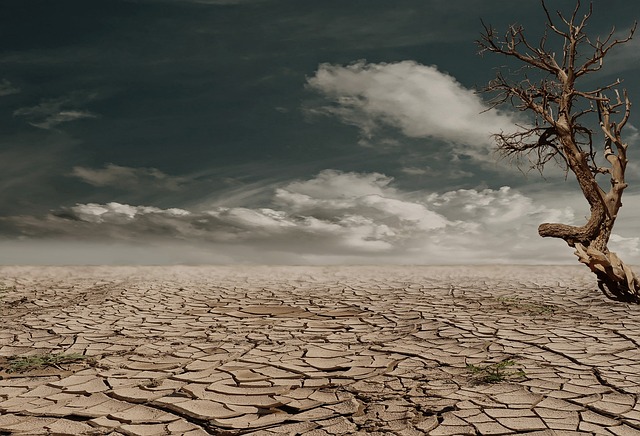Desertification, a pressing environmental issue, is often exacerbated by incorrect land use practices. As our planet’s climate continues to change, the consequences of our actions become even more pronounced. The interplay of these two factors creates a vicious cycle: incorrect land use can accelerate desertification, while desertification can further hinder our ability to utilize land sustainably.
One of the most alarming aspects of incorrect land use is its impact on soil health. When farmers engage in monoculture—growing the same crop year after year—they deplete the nutrients in the soil. This practice, coupled with deforestation for agricultural expansion, leads to the degradation of once-fertile lands. In many regions, the land that was once vibrant and teeming with life becomes arid, barren, and unable to support future generations. The climate crisis amplifies these problems, as increased temperatures and erratic rainfall patterns strip away the little resilience the land still has.
Moreover, urbanization and industrialization often exacerbate incorrect land use. Expanding cities consume vast areas of land, leaving behind a fragmented ecosystem. As cities grow, forests and natural habitats are sacrificed, putting additional pressure on the remaining ecosystems. The loss of trees not only contributes to climate change through reduced carbon absorption but also leads to increased soil erosion. This erosion can result in sedimentation of waterways, which further disrupts aquatic ecosystems and diminishes the quality of water sources.
The consequences of these actions extend beyond the immediate landscape. Desertification affects food security, as crops fail and agricultural viability diminishes. Communities that depend on farming are particularly at risk, facing economic instability and loss of identity. Migratory patterns also shift as people seek better land and opportunities, often leading to conflicts over resources in areas that were once peaceful.
Recognizing the role that incorrect land use plays in fueling desertification is crucial. It is not merely about environmental responsibility but also about ensuring survival for future generations. The choices we make today regarding land management can have lasting impacts, driving us towards either restorative practices or irreversible damage.
We must advocate for sustainable land use practices that acknowledge the intricate connection between the environment and the climate. Agroforestry, crop rotation, and organic farming are just a few approaches that can help restore the land and prevent desertification. By adopting these methods, we can nurture the soil rather than deplete it, ensuring that it remains productive and resilient against the pressures of climate change.
In the end, addressing incorrect land use is not just an ecological concern; it is a moral imperative. The choices made today will sculpt the future landscape of our planet and dictate the well-being of countless lives. We must unite in our efforts to protect and preserve our lands, advocating for change to reverse the damage and combat desertification in a warming world.



